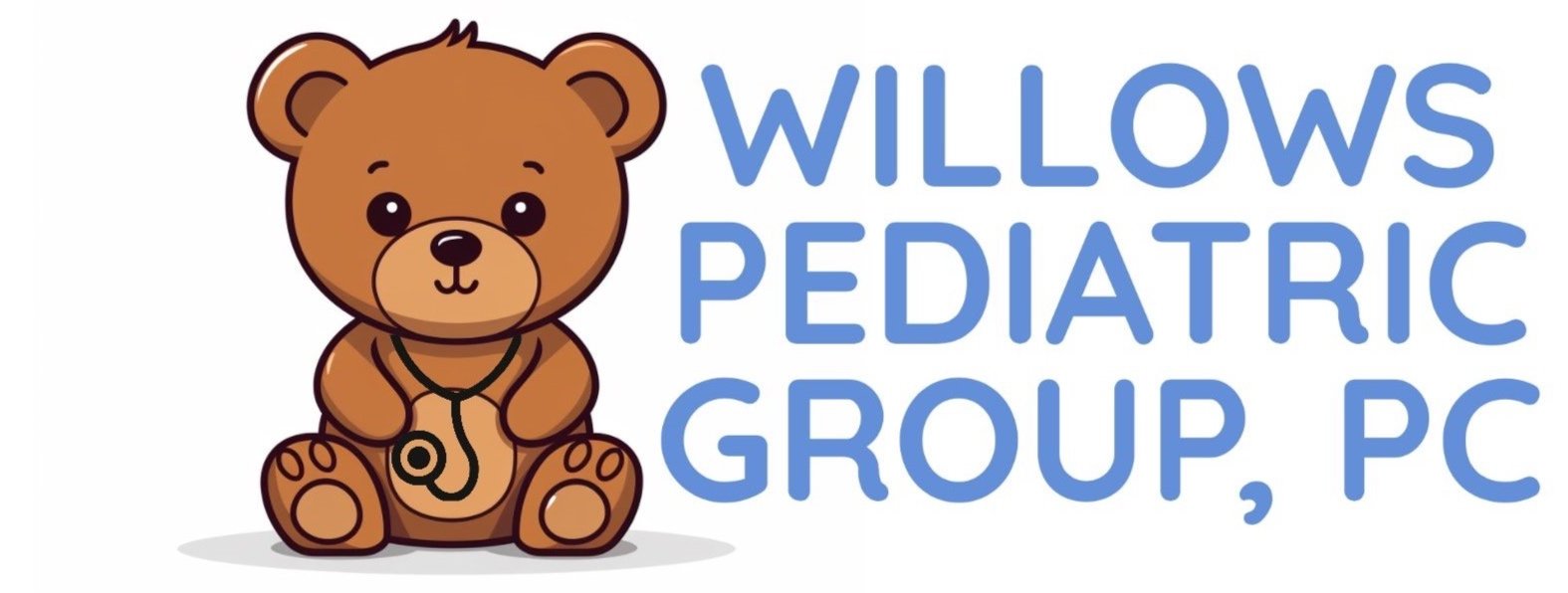Updates on Fall 2023 Seasonal Vaccines: RSV, Flu, and COVID!
As we approach another winter respiratory season, we wanted to update everyone on all the seasonal vaccine options.
Influenza:
As usual, there is the annual influenza vaccine, no big changes here. We still recommend everyone get it anytime now. Flu activity in our area usually peaks around November as you can see on the CT Department of Public Health graph below. So "Flu before boo" as we like to say, in other words: get your flu shot before Halloween.
One small change, if your child has an egg allergy, they can now get the flu vaccine in one of our clinics. They no longer need an appointment. This is based on the CDC reviewing the frequency of allergic reactions to flu vaccine and finding that they occur in approximately 1.3 per 1 million flu vaccines given. Very, very rare!
All kids need one annual flu shot. However, if your child is less than 9 years old and has not had 2 prior flu vaccines in their lifetime, then they need a booster of this year's flu vaccine. The booster dose is the same as the initial dose, just 28 days later. This has always been the case, nothing new here, just a reminder.
COVID:
There is an updated booster coming out this fall that targets one of the Omicron variants. The CDC recommends it for all ages 6 months and up. It has not been released yet but we are expecting it mid-September. We know that COVID boosters protect against severe disease and hospitalization. Willows does not have the manpower, really woman-power, to give this vaccine. But you can schedule an appointment online with Walgreens and Rite Aid for ages 3 and up. If your child is less than 3 years old, we recommend the Griffin Hospital vaccination location.
RSV:
We will only discuss RSV protection for pregnant people and babies in this blog post. There is also a vaccine for ages 60 and up but we will leave that to the adult doctors.
So for pregnant people, there is a vaccine that will be offered between 24 and 36 weeks of pregnancy. The goal of this vaccine is to pass protection to baby for the first 6 months of his/her life. Unfortunately, this vaccine has not completed all of the reviews and approvals needed so it is not yet available at this time, possibly later this fall. Please discuss this with your OB-GYN at your next visit.
There is also an option for babies under 8 months during RSV season called Beyfortus. This is not a vaccine. Vaccines cause the body's immune system to create defenses against infection. Instead, this is a dose of antibodies that is given to the immune system to provide protection for the rest of the RSV season. This vaccine will be given as a one time dose to newborns and babies less than 8 months old during the RSV season. The protection is expected to last 4-6 months. In a randomized controlled trial, the likelihood of RSV requiring medical attention decreased 70% and hospitalization from RSV decreased 78%.
Willows will be offering the RSV monoclonal antibody for newborns and infants. However, at this time it is not covered by any private insurance companies. As soon as we hear more, we will let you know.
The RSV antibody is also recommended for high-risk children 8-19 months old during their second RSV season if they have chronic lung disease or are immunocompromised. Additionally, a second dose was recommended for Native American and Alaskan Native children, as they have much higher RSV hospitalization rates.
Please see the helpful graphic below from Katelyn Jetelina, MPH, PhD an epidemiologist who writes "Your Local Epidemiologist".


